Time Travel, Teleportation & Science
Time travel is the concept of moving between different points in time in a manner analogous to moving between different points in space, generally using a theoretical invention, namely a time machine. It has a commonly recognized place in philosophy and fiction, but has a very limited application in real world physics, such as in quantum mechanics or wormholes.
Although the 1895 novel The Time Machine by H. G. Wells was instrumental in moving the concept of time travel to the forefront of the public imagination, The Clock That Went Backward by Edward Page Mitchell was published in 1881 and involves a clock that allowed three men to travel backwards in time.[1][2] Non-technological forms of time travel had appeared in a number of earlier stories such as Charles Dickens' A Christmas Carol. Historically, the concept dates back to the early mythologies of Hinduism (such as the Mahabharata), Buddhism, and Islam through ancient folk tales. More recently, with advancing technology and a greater scientific understanding of the universe, the plausibility of time travel has been explored in greater detail by science fiction writers, philosophers, and physicists.
Teleportation, or Teletransportation, is the theoretical transfer of matter or energy from one point to another without traversing the physical space between them. It has a commonly recognized place in science fiction literature, film, and television, but as yet has a very limited application in real world physics, such as quantum teleportation or the study of wormholes.
Science (from Latin scientia, meaning "knowledge") is a systematic enterprise that builds and organizes knowledge in the form of testable explanations and predictions about the universe. In an older and closely related meaning, "science" also refers to a body of knowledge itself, of the type that can be rationally explained and reliably applied. A practitioner of science is known as a scientist.
In modern usage, "science" most often refers to a way of pursuing knowledge, not only the knowledge itself. It is also often restricted to those branches of study that seek to explain the phenomena of the material universe.
Source : Wikipedia
-
04:20
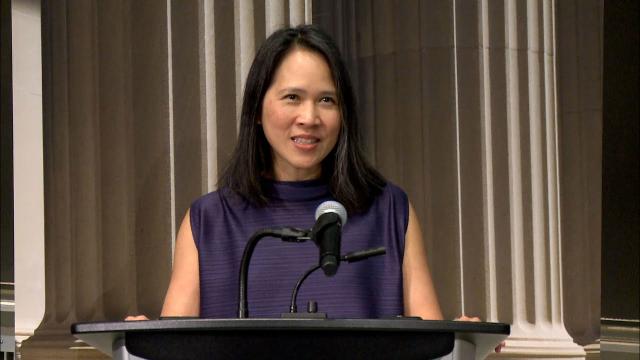
Chair of the faculty Lily Tsai welcomes the new president-elect to MIT
Added 196 Views / 0 LikesWatch more videos from MIT: http://www.youtube.com/user/MITNewsOffice?sub_confirmation=1The Massachusetts Institute of Technology is an independent, coeducational, privately endowed university in Cambridge, Massachusetts. Our mission is to advance knowled
-
00:31
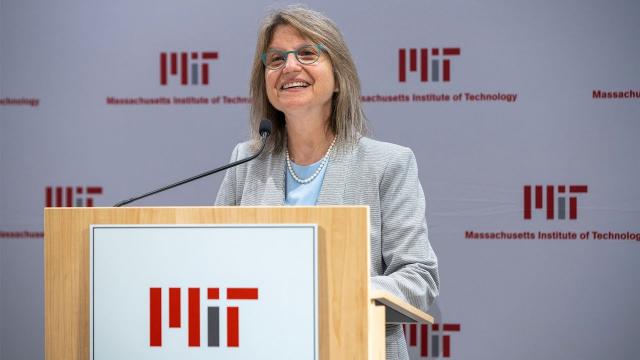
Sally Kornbluth named MIT's 18th president
Added 232 Views / 0 LikesSally A. Kornbluth, a cell biologist whose eight-year tenure as Duke University’s provost has earned her a reputation as a brilliant administrator, a creative problem-solver, and a leading advocate of academic excellence, has been selected as MIT’s 18th p
-
23:08
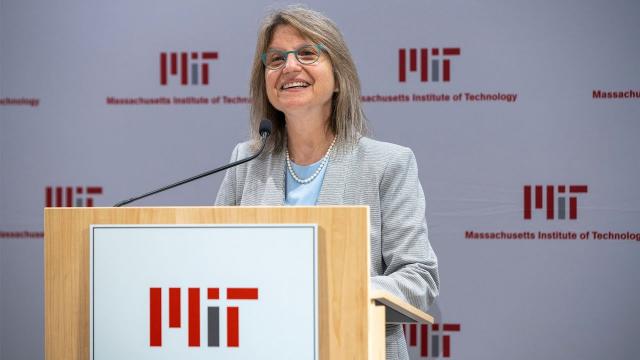
Sally Kornbluth named as MIT’s 18th president
Added 191 Views / 0 LikesSally A. Kornbluth, a cell biologist whose eight-year tenure as Duke University’s provost has earned her a reputation as a brilliant administrator, a creative problem-solver, and a leading advocate of academic excellence, has been selected as MIT’s 18th p
-
06:39
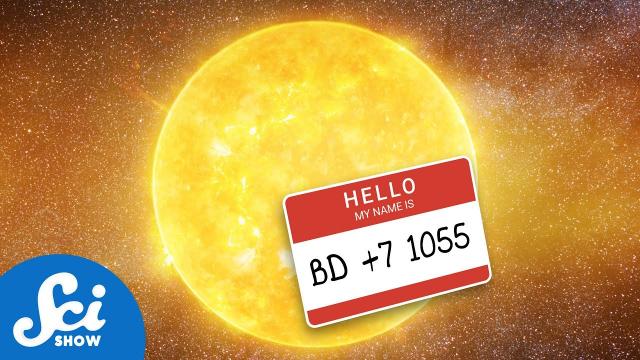
Why are Astronomers So Bad at Naming Things?
Added 153 Views / 0 LikesWith star names like 2MASS J05551028+0724255, it might seem like astronomers are not so great at naming things. But if you know the code, these names can actually help you find the star in the sky.Hosted by: Reid Reimers----------Huge thanks go to the fol
-
18:37

How to Supersize a Telescope | Compilation
Added 184 Views / 0 LikesTelescopes can get pretty big, incredibly big actually. Unbelievably big. So here's a compilation about how we managed to get them that size and how that size helps us to see.Hosted by: Savannah Geary (they/them)----------Huge thanks go to the following P
-
00:42
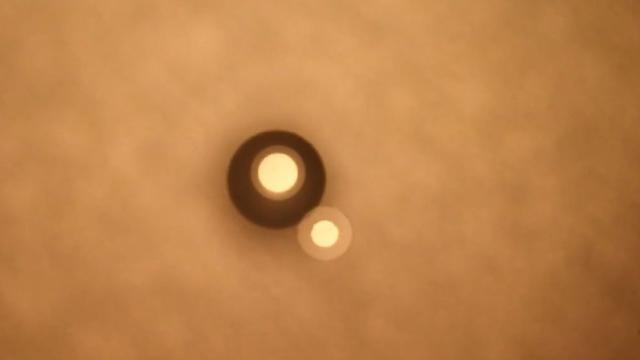
Oscillating particles
Added 200 Views / 0 LikesMIT chemical engineers showed that specialized particles can oscillate together, demonstrating a phenomenon known as emergent behavior. At left, two particles oscillate together, and at right, eight particles. (Learn more: https://news.mit.edu/2022/microp
-
06:07
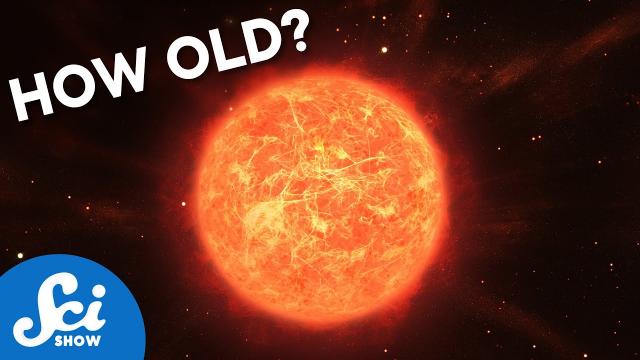
How Do You Date a Star?
Added 172 Views / 0 LikesStart building your ideal daily routine! The first 100 people who click on the link will get 25% OFF Fabulous Premium: https://thefab.co/scishowspace9 Figuring out the age of a blinking speck in the sky is a difficult feat, especially if considering how m
-
36:44

Meet the Milky Way | Compilation
Added 202 Views / 0 LikesThe Milky Way is full of mysteries and wonders. Luckily, we’ve been able to learn quite a lot about it and have compiled this anthology of our knowledge. Hosted by: Savannah Geary (they/them)----------Huge thanks go to the following Patreon supporter for
-
09:57
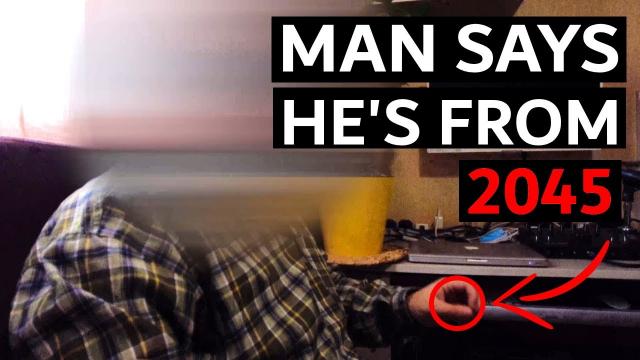
Time Traveler Reveals Future of Crypto
Added 268 Views / 0 LikesCarlos contacted us claiming to be a time traveler from the year 2040. We sat down with him and allowed him to tell his incredible story. The validity of this story is up for you to decide, but all we ask is that you keep an open mind. Carlos told about t
-
00:47
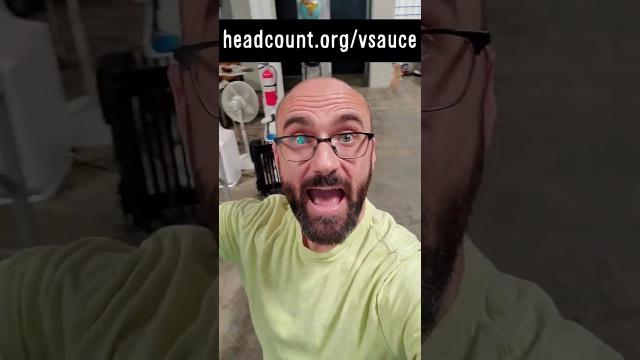
Win A Trip to Vsauce HQ! REGISTER TO VOTE! #shorts
Added 200 Views / 0 Likesheadcount.org/vsauce#shorts
-
07:17
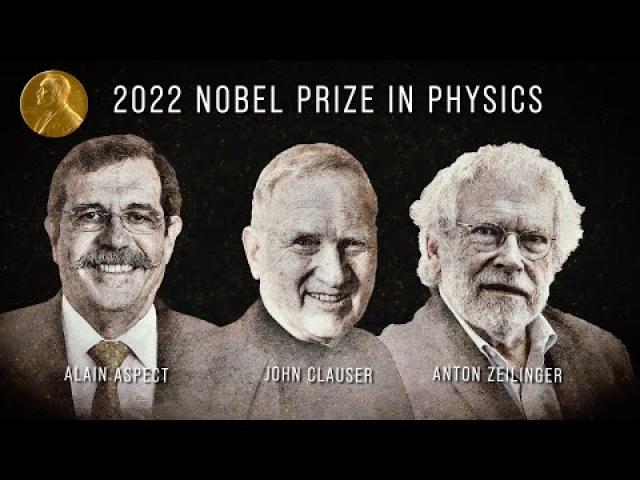
Quantum Entanglement: 2022 Nobel Prize in Physics
Added 235 Views / 0 Likes#QuantumEntanglement #nobelprize #BrianGreeneThe 2022 Nobel Prize in Physics has been awarded to Alain Aspect, John Clauser and Anton Zeilinger for their groundbreaking work in Quantum Entanglement. Here is a brief visual summary of the essential physics.
-
05:32
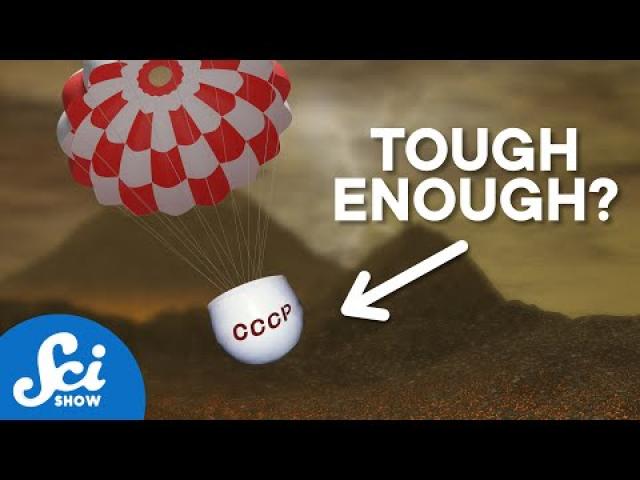
The One-Second Success Story of Venera 7
Added 191 Views / 0 LikesVenus may have been named after the Roman goddess of beauty, but once humans started sending spacecraft to the planet next door, we quickly learned that beauty… hurts.Hosted by: Savannah Geary----------Huge thanks go to the following Patreon supporter for
-
05:28
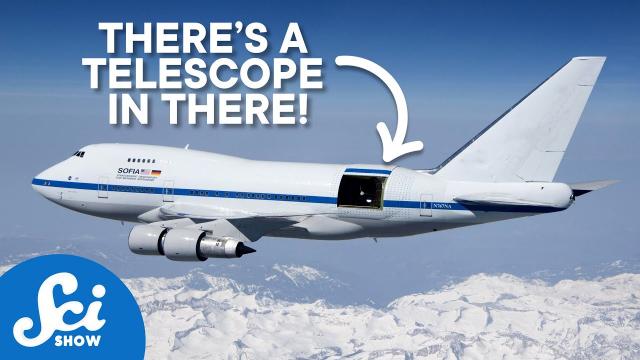
Goodbye, SOFIA, the Telescope That Actually Flew
Added 166 Views / 0 LikesIn 1997, NASA bought a Boeing 747SP for what might be both a super cool and super absurd purpose. Turn it into SOFIA, a flying telescope.Hosted by: Savannah Geary (they/them)----------Huge thanks go to the following Patreon supporter for helping us keep S
-
06:15
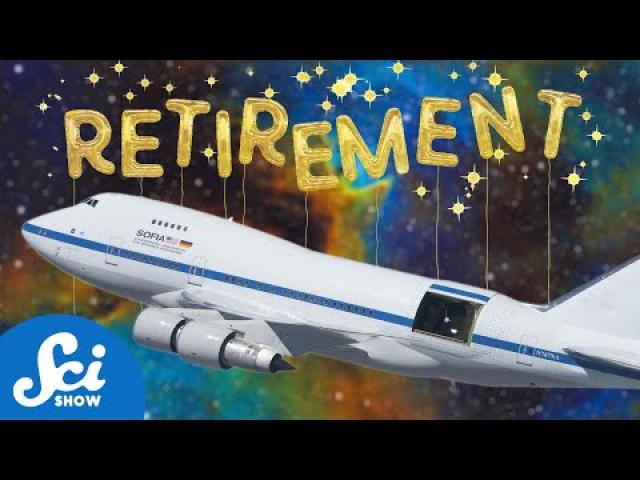
Goodbye SOFIA, Thanks for All the Discoveries
Added 176 Views / 0 LikesSOFIA or The Stratospheric Observatory for Infrared Astronomy is coming to an end, but let's look back on some of the amazing discoveries of this flying telescope.Hosted by: Hank Green (He/Him)----------Huge thanks go to the following Patreon supporter fo
-
04:12
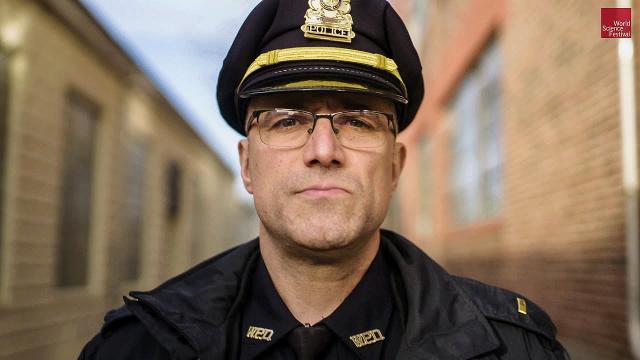
Psychedelics for the Frontlines: A Police Officer on the Healing Potential of MDMA for PTSD
Added 190 Views / 0 LikesSarko Gergerian, a lieutenant and psychotherapist in the Winthrop, Massachusetts Police Department, believes MDMA and other psychedelics could be game-changing tools for treatment-resistant PTSD. His commentary is part of a wider conversation about psyche
-
17:23
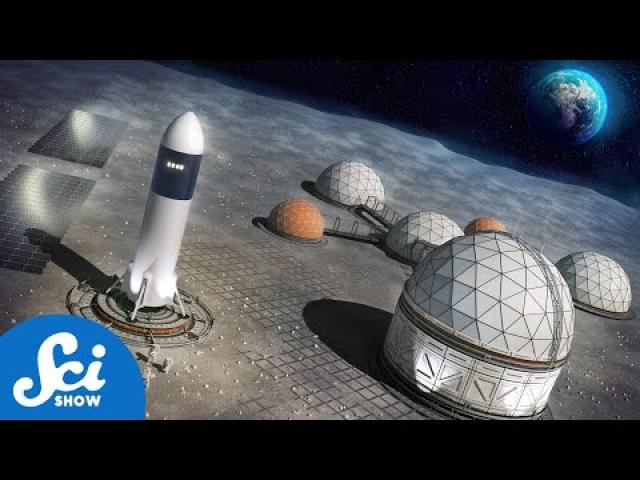
What Will It Be Like To Live on the Moon? | Compilation
Added 196 Views / 0 LikesThe Moon is pretty prime real estate once you get past the lack of oxygen, resources, and general mobility, but if quality of life isn't what you're after, here's how we might make it all work.Hosted by: Reid Reimers (he/him)----------Huge thanks go to th
-
02:28
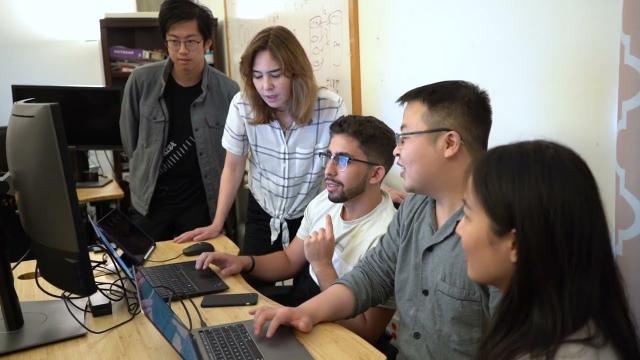
In-home wireless device tracks disease progression in Parkinson’s patients
Added 261 Views / 0 LikesBy continuously monitoring a patient’s gait speed, the system can assess the condition’s severity between visits to the doctor’s office. (Learn more: https://news.mit.edu/2022/home-wireless-parkinsons-progression-0921)Watch more videos from MIT: http://ww
-
00:18
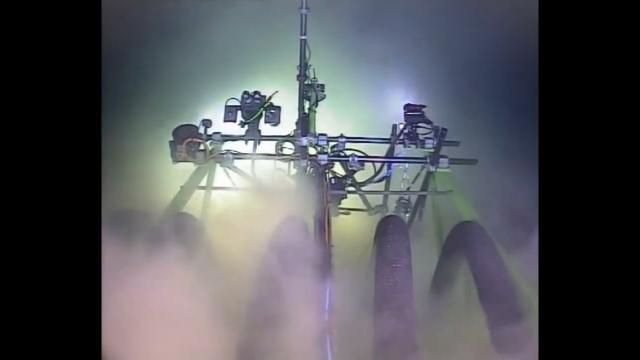
Deep-sea-mining vehicle measures sediment plume
Added 179 Views / 0 LikesA movie of the Patania II pre-prototype collector vehicle entering, driving through, and leaving the low-lying turbidity current plume as part of a selfie operation. For scale, the instrumentation post attached to the front of the vehicle reaches about 3m
-
03:22
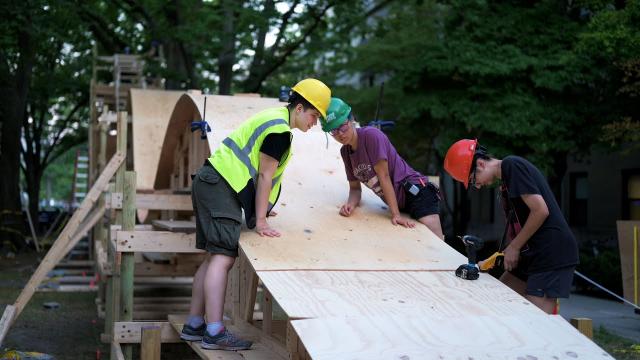
Who wants to build a rollercoaster?
Added 237 Views / 0 LikesEvery year during residence exploration week at MIT, or REX week, our undergraduate residence halls host activities to encourage new students to visit, get to know the vibe of the community, and hopefully choose to join. So, how do you get the attention o
-
05:48

How to Move the Sky
Added 170 Views / 0 LikesThe earth is always moving, and our view of the night sky is slowly but surely changing.Hosted by: Reid Reimers (He/Him)----------Huge thanks go to the following Patreon supporter for helping us keep SciShow Space free for everyone forever: Jason A Saslow
